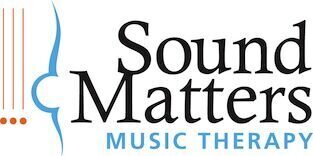the process
Monday matters: Digging out
I’ve started my work week off poorly. I had clinical supervision today and a peer group meeting, as well as several clients with whom I’ve been feeling connected over the past few weeks, a... Read MoreThis week in clarity
My focus this week, to some extent, was clarity. I had such a good string of sessions going mid-week. Even though my clients are very different from one another, I still felt like I had a better gras... Read MoreHow clarity feels
I have always had a tumultuous relationship with music. I started playing violin before I was able to form memories, and grew up with music as an integral part of my life. I burnt out on it in college... Read MoreTriumphs and struggles
Lately, I’ve been hearing a lot about people’s qualms with social media, in that what is shared is often only the good stuff of the day. I had a decent, busy day today, with two new client... Read MoreMonday matters: Clarity
Lately I’ve been feeling that I am calmest and most collected when I’m actually with my clients. This is clearly a good thing, because arguably this is the most important time to feel that... Read MoreMonday matters: Consistency in practice
I have been receiving clinical supervision for one year now. Around this time last year, I was beginning this slow transition into working a process-oriented approach. My supervisor has let me repeat ... Read More- 3 of 3
- « Previous
- 1
- 2
- 3
